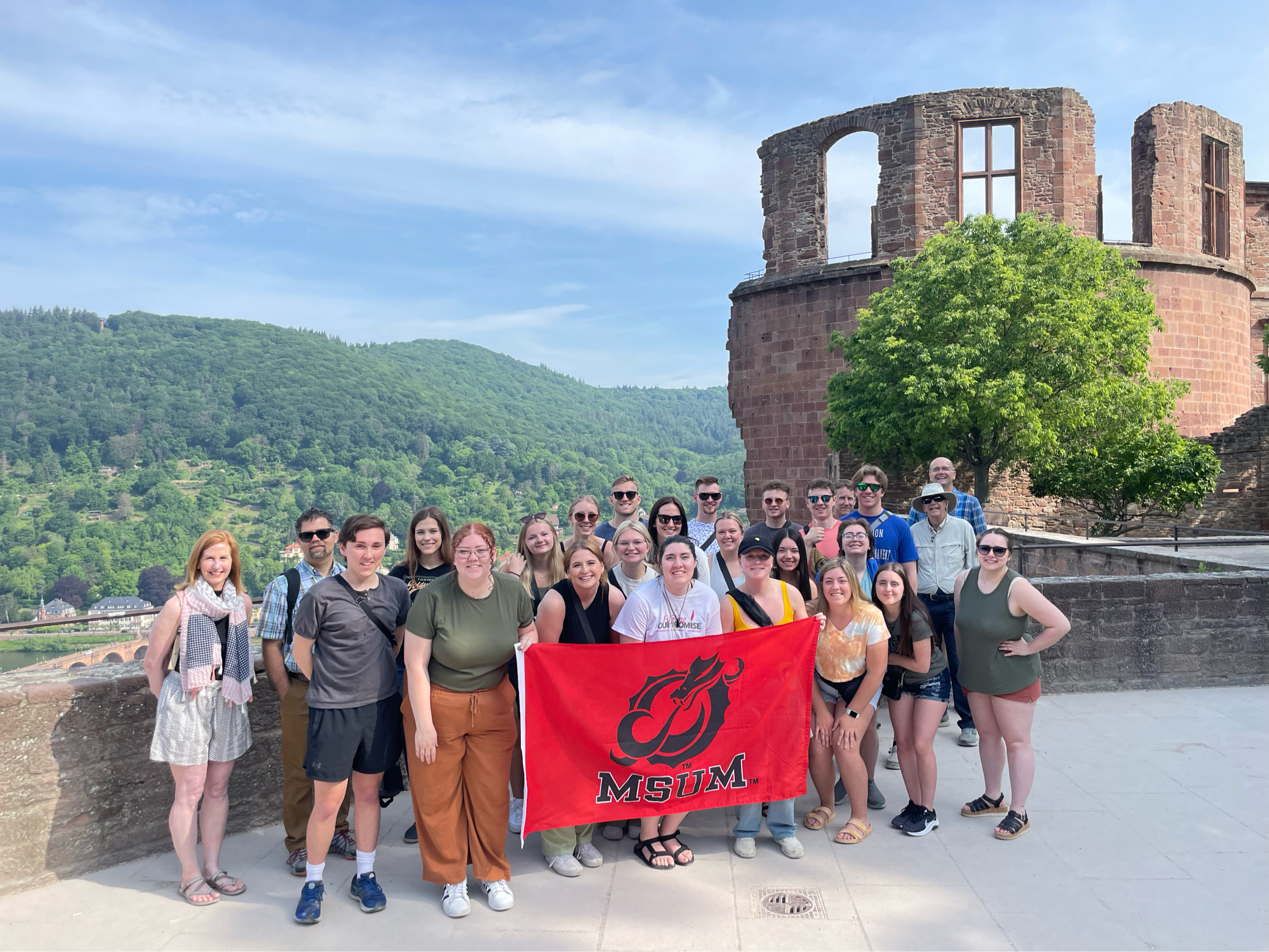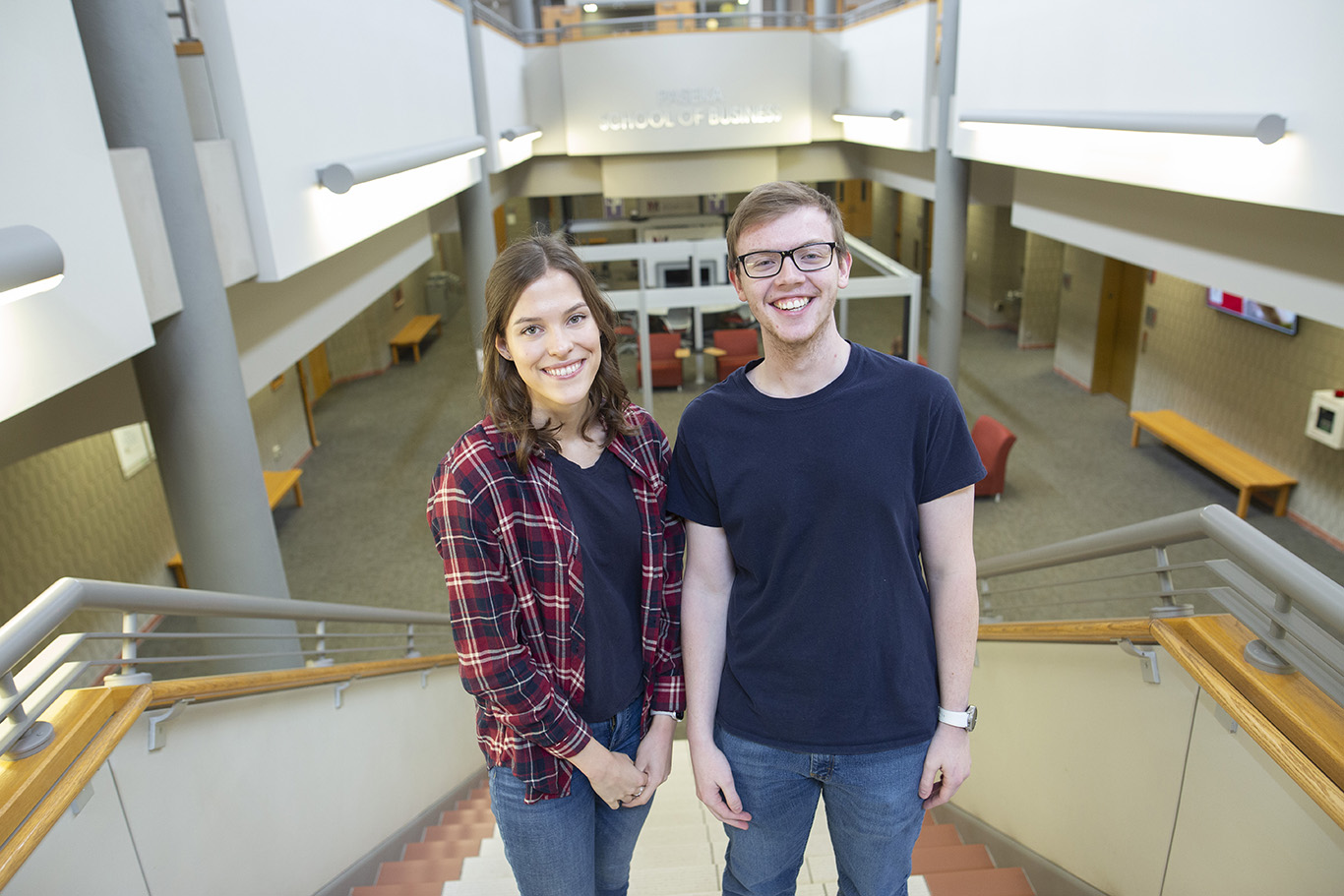A Story in Every Sip
The importance of wine, one of the most celebrated beverages in all of human existence, goes far beyond wine-mom workout videos and romantic dinner dates.
Dating back to 6,000 B.C., this fermented fruit of the vine has been used for religious and medicinal practices and, of course, practicality, enjoyment and celebration. With its range of hues, from champagne to burgundy, wine has long been a symbol of life and vitality, pumping through the veins of history.
The drink has served multiple purposes, not the least of which has been its use as an indication and presentation of social competency. As a child living in Japan and Hong Kong, Sam Wai ’76 (finance and philosophy) was often taken to elegant restaurants with his family to spend time together and observe and practice social graces. A businessman working in the world of international relations, Wai’s father regularly navigated polite society and knew the dire need for decorum. These manners soon became second nature to Wai.
An Acquired Taste
Alcohol, as with so many things in life, is an acquired taste. After years of being exposed to table wine, Port and sherry, Wai began to dig deeper into the subject during college. As time passed, Wai went from mere familiarity to a studied appreciation for the beverage.
“I wanted to learn more when I knew about this, not only as a beverage but as a beverage with a history, with a sense of discerning quality and connoisseurship and as a very proper thing to know something about.”
His interest piqued and he found a book about wine from the MSUM Bookstore that now, in its ratty condition, is proudly displayed in his Moorhead home’s wine cellar.
“This 1971 book covers traditional European wines, Bordeaux, Burgundy, Port, German wines and even Italy and Spain. It reflects an old-world taste, but it gave me the basics,” Wai said.
Wai likens his love for wine to his love of classical music, two interests that have evolved into a full-bodied appreciation that only grows richer over time.
“The first time you hear a symphony, it might be tough to put your arms around all these sounds, moods and all the stuff that you may not recognize,” Wai said. “Once it crosses some line of familiarity and the line where you begin to discern, you can discover its complexity,” Wai said. “Just like classical music, if you expose yourself to it enough, you discover more.”
A Taste of the Past
For over 30 years, Wai has taken his passion and knowledge about wine to teach classes that center on different wine’s unique stories and homelands.
“Just sampling wine won’t get you the full story. You can put every wine you sample in a context. Where is it from? What is that region like? Why do they do what they do? Why did they plant what they have planted for centuries? Wine is an agricultural product. It is based on a crop and based on a certain agricultural practice suitable for it.”
Unlike foods and beverages like Pop Tarts or Sunny D, wine has a deep past and an ongoing tale to tell.
“I often tell my wine class students that I wouldn’t have classes over and over again about chicken wings, omelets or whatever else that I also enjoy because the cultural backdrop, the history behind it wouldn’t be so rich.”
From ancient Greek and Roman times to the incorporation of wine in the church and the many vineyards they planted during the medieval era, there are seemingly endless story layers waiting to be peeled back.
“In my wine classes, the cultural foundation is a big part of it. We talk about the history, the people, the culture and the cuisine,” Wai said. “Food and wine sort of develop side by side, and these are well-tested combinations that people have had for generations, hundreds of years. That’s all part of enjoying it. I think it’s the richness of that whole cultural foundation that turns me on to it.”
Wai has taught classes through several venues, but he currently teaches his wine classes through the Historical and Cultural Society of Clay County. He often breaks them up into regions, such as France, Spain, Italy, Germany and their sub-regions.
“I have also taught classes on Austria, and all the sub-regions of these places, giving me the opportunity to play the music of Mozart and enjoy Austrian wines. I’ve also done a very popular course that I’ve repeated a number of times; a four-night course on wine, literature and cinema. I also do a course on the history of viticulture in America.”
Indulging the Senses
Along with the story is the experience, and Wai knows how to savor each moment. Knowing what goes into the entire process of winemaking heightens the senses during each sip.
“What you’re tasting is sugar ripened by the sun, produced by the sun, and in ripe grapes, the taste of the environment—the soil through the grape variety that over time has been found to be the ideal vehicle and filter to give you that special taste.”
Those varying factors are why Cabernet grown in California and Cabernet grown in Bordeaux can taste so different.
“The Cabernet grown in Bordeaux tastes a lot closer to a Merlot grown in Bordeaux than a Cabernet grown in California. They’re the same varieties, but the environment plays a bigger factor than even the type of raw material.”
As wine ages, it will go through several processes. It loses some of the fruitiness or the varietal characteristics of the grapes and gradually sheds that fruit-based flavor. Good wine, over time, will pick up complexity.
“The sharpness will gradually subside, and the complex flavor of perhaps cedar, mocha, earthiness, mushroom and other secondary flavors, will emerge. The balance of what you give up in fruitiness is more than rewarded and balanced by the great development of complexity, softness and velvety texture. A great bottle for aging would be one that gains a lot more than the fruit that it loses.”
Although Wai’s collection is more than impressive, boasting 2,000 bottles in his cellar consisting of vintage wines and his own creations, Wai reserves his very favorites for festive occasions.
“I always approach luxuries from an outsider’s point of view. I don’t like to be sucked in by them,” Wai said. “I think if you think that you can’t live without these things, you’re really messed up. I enjoy them, and I’m just lucky that I get to do that once in a while. I count my blessings. The best is to share with friends.”
This story was first published in Moorhead Magazine, Fall 2018.
Make Sure Your Story Is Heard
Let us know how your life has been changed by being a Dragon: tell us your MSU Moorhead story today!
Send Us Your Story


